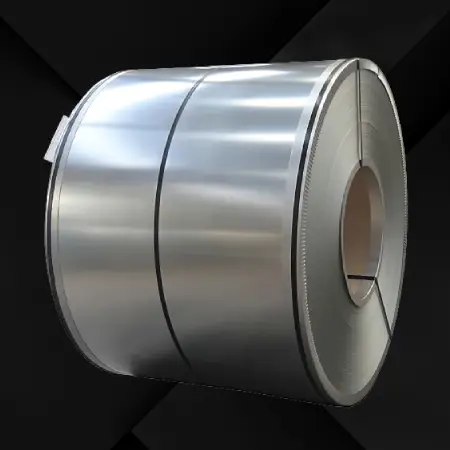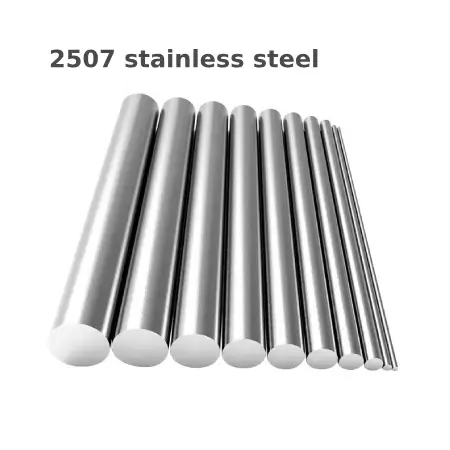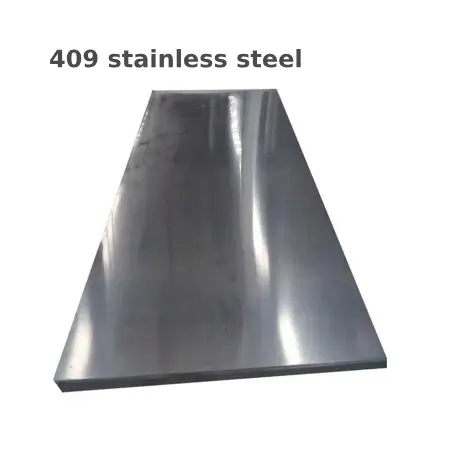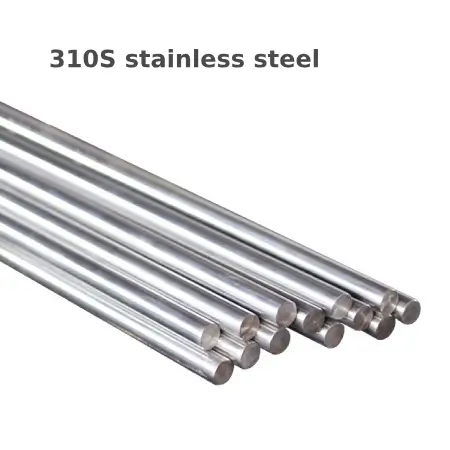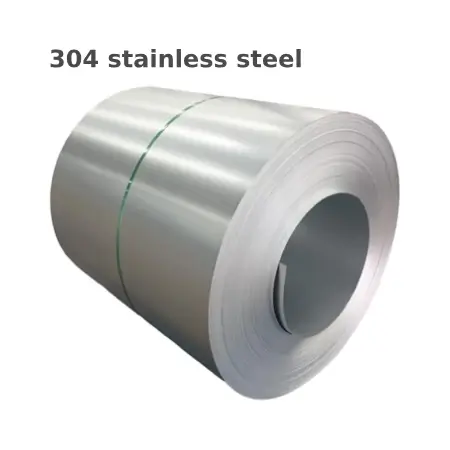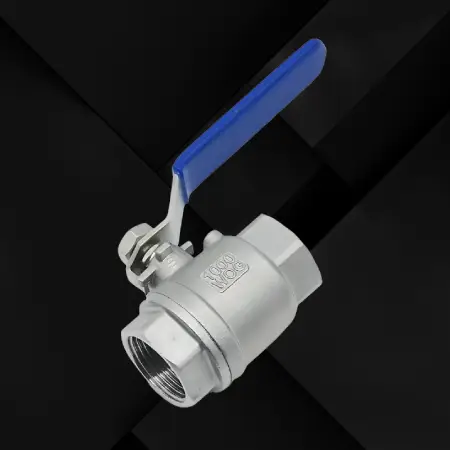Stainless steel coil is a versatile form of metal that consists of a wound, ribbon-like stainless steel material. It is one of the most commonly used forms of steel, particularly in manufacturing and construction due to its properties and the ease with which it can be processed and fabricated.
Introduction to Stainless Steel Coil
Material Composition: The primary composition of stainless steel coil includes iron, chromium (which provides corrosion resistance), and often other elements like nickel, molybdenum, or titanium to enhance specific properties.
Types: Stainless steel coil comes in various types, including 200 series, 300 series (304. 316 being the most common), 400 series, duplex, and other specialty alloys that offer different strengths, corrosion resistance, and formability.
Grades: Alloy grades are determined by the specific chemical composition and are chosen based on the intended application, with grades like 304 being general-purpose and 316 offering higher corrosion resistance.
Forms: Stainless coils can be available in various forms such as cold-rolled, hot-rolled, or pickled and may be annealed or non-annealed, depending on the manufacturing process and desired characteristics.
Width and Thickness: Stainless steel coils are offered in different widths and thicknesses, with specific tolerances to fit industry standards or custom requirements.
Finishes: Coils can have different surface finishes such as No. 2B, No. 4. BA (Bright Annealed), matte, and patterned finishes to cater to functional and aesthetic needs.
Applications: Common applications of stainless steel coil include automotive parts, kitchen appliances, construction, fabrication of pipes, tubes, and profiles, marine applications, consumer goods, and architectural work.
Manufacturing Process: The manufacturing process involves rolling stainless steel slab or billet to form a thin, continuous strip, then coiling it into large rolls for distribution and further processing.
Advantages: Stainless steel coil offers advantages such as high strength, corrosion resistance, non-magnetism, and a wide range of mechanical properties that can be tailored by cold working or heat treatment.
Fabrication: Coils are easily cut to length, slitted, sheared, or processed into various shapes, making them ideal for wide-format applications where uniform material properties are desired.
Packaging and Shipping: Stainless steel coils are typically shipped in large rolls and are packaged to prevent damage during transportation.
Standards: Produced and inspected according to international standards like ASTM, ASME, JIS, EN, and other relevant industry specifications.
Maintenance: Stainless steel coil is generally low-maintenance. Surfaces can be cleaned with mild detergent and water, and may require more specific cleaning agents for certain contaminants or residues.
Stainless steel coil is a cost-effective and efficient form of stainless steel that is widely used due to its workability and suitability for a broad range of applications. It offers a balance of aesthetics, strength, and corrosion resistance, making it a preferred choice for industries that demand reliability and durability.

